Engorgement is a normal part of the milk production process, but it can cause problems for your breastfeeding journey if ignored.
When you’re expecting, you expect that your breasts will change during pregnancy. And that they’ll also change if you breastfeed.
How they’ll change, though, isn’t really something that gets talked about. That omission can leave parents surprised—shocked, even—at some of the things that happen with our breasts.
One of the biggest—literally—and most surprising changes is engorgement.
When your breasts become full—overly full!—of milk, that’s known in the breastfeeding world as engorgement.
Engorgement of breasts is a normal part of the early breastfeeding process. Your breasts start making milk well before your baby is born. (As early as 16 weeks!) But this milk isn’t the copious mature milk that parents think of when they think about breastfeeding. It’s the small amounts of colostrum, the sticky, gold substance that’s perfectly developed for newborns.
Once you’ve delivered your baby, your body gets the go-ahead to start making milk. While colostrum is ready and waiting for your baby, mature milk takes between 2-5 days to come in.
(This timeline varies from parent to parent; parents who have c-sections may have a delay in their milk.)
For some parents, milk comes in gradually, but for others, especially first-time parents, the arrival of mature milk is characterized by a distinct breast fullness, heaviness, warmth, and leaking milk.
You may also notice that:
In other words, you’re experiencing engorgement.
While engorgement is normal, it’s not exactly comfortable for breastfeeding parents and can make nursing more challenging for babies depending on how engorged your breasts get.
Assuming that a parent is planning to exclusively breastfeed and that they’re able to start breastfeeding right away, initial engorgement is relatively short-lived—if experienced at all. Remember, not all breastfeeding parents get engorged when their milk comes in. Those that do, though, typically only experience engorgement for 12-48 hours after their milk comes in.
Engorgement isn’t limited to when milk comes in. It can happen as breastfeeding parents establish their milk supply. During the first 6-12 weeks of breastfeeding, it takes time for hormones to regulate and supply and demand breastfeeding to balance out. As such, your body might over anticipate how much milk your baby needs, leading to engorgement.
But, truly, engorgement can happen anytime your breasts are overfilled with milk.
These situations might be caused by:
The best way to prevent engorgement is to nurse or express milk often. That being said, there are a couple of factors that come into play.
So how do you balance relief from engorgement with protecting your milk supply and preventing other breastfeeding problems from occurring? The following tips can help.
“When dealing with engorgement discomfort, remember that with management you will feel better soon!” says Nest Collaborative IBCLC, Robin Williams.
Start managing your symptoms with the following tips:
If your breasts still feel full, you can express milk after a feed. However, talk with an IBCLC about the best approach to doing this so you avoid oversupply.
Engorgement in breastfeeding is usually a temporary issue, but it’s important to learn how to handle it properly. Book a convenient video consultation with a Nest Collaborative IBCLC to learn tips and tricks for making you and your baby more comfortable.
